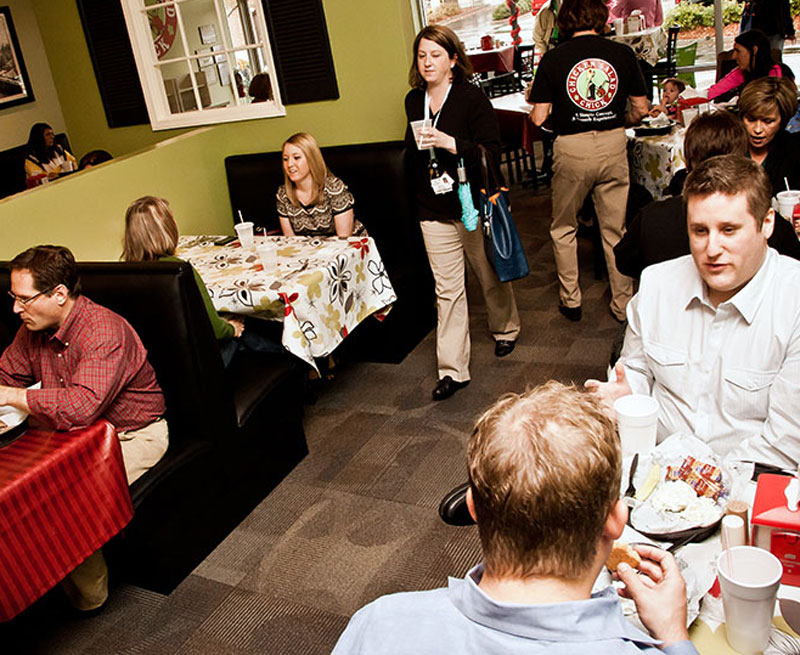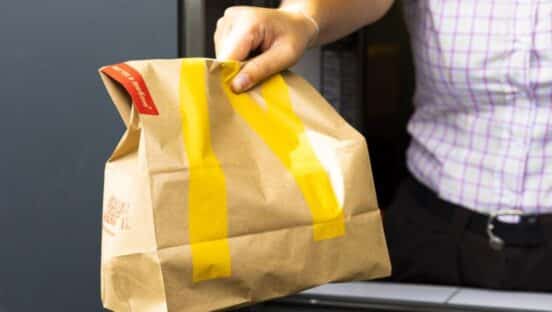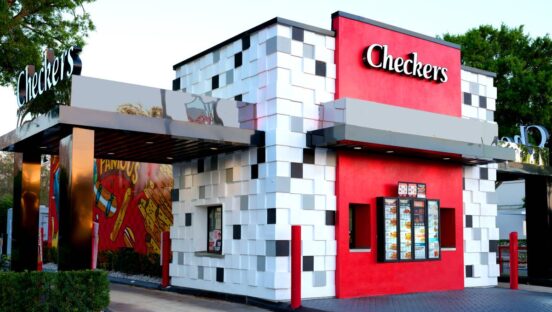Insurance experts say many restaurateurs, including quick-service operators, will be hit with significant increases to their property and casualty insurance premiums when they renew this year, with some policies rumored to go up by as much as 75–100 percent.
A 2012 filled with high-profile cases of food contamination, power outages, and weather damage like that brought on by Hurricane Sandy is forcing insurance actuaries to be more cautious about writing policies, the experts say.
“First, there has been an increase in the number of claims filed, whether this is for weather damage, theft, or loss of equipment,” says Ted Devine, CEO of Insureon, an online agent for small-business insurance. “We understand that restaurant employees have also seen an increase in work-related injuries, especially slip-and-falls and cooking injuries.
“Finally, with the rate of turnover inherent in the [quick-service industry], the uncertainty in writing a policy is higher, causing insurance carriers to put a red flag on this classification,” Devine adds. “Unfortunately, these have all combined to increase premiums substantially in 2013.”
Andrew Wiederhorn, CEO of Fatburger, which has about 150 locations in the U.S. and abroad, says the premium changes affect all of his brand’s franchise partners differently, but that he’s seen increases across the board.
“In an insurance environment, the smartest thing an operator can do is ensure you have a safe workplace that will lower your overall risk profile in terms of the loss frequency, and that’s always something you want to be stressing,” Wiederhorn says. “The bigger issue is that the restaurant industry is faced with increasing costs in just about every corner. We are advising our franchises to grow business to address all costs, rather than make up for increased costs by restructuring the profitability to adapt to the environment.”
Kevin Brown, president of Auburn, Alabama–based Chicken Salad Chick, is anticipating 4.8–9.5 percent increases for his company’s insurance premiums, and says he’s researching avenues that will help offset those costs. This includes possibly adding a fitness room at the corporate office to reduce health risks and qualify the company for a reduced insurance premium.
“Our hope is that if a small company like ours can offer this to our team, larger companies will be more open to programs such as this to help drive a healthier way of living for our country,” Brown says.
There are also other ways operators can prevent crippling insurance costs, insurance experts say.
In his work for brands such as Hardee’s, Ruby Tuesday, and T.G.I. Friday’s, James R. F. Berkeley, director of business consulting firm Berkeley Burke International, advises to prioritize risk management to the same degree as training employees.
“Outside of the [biggest quick-service] brands, this is constantly overlooked for reasons that don’t make sense—expense, time, and perceived value,” he says. “This is largely due to the brands projecting their own frames of reference than those of the entrepreneurial franchisee or owner.”
Devine says operators should focus on loss control, as many insurance carriers offer ways to receive credits or reductions in premium cost.
“For instance, if employees go through specific training, the operator can receive a discount on rates,” he says. “Also, if the operator increases building or worker safety—i.e., adding a burglar alarm, mandating non-slip shoes, etc.—these can all reduce premiums and an owner’s chance of having to deal with a claim.”
Alice Niles, CEO of A.P. Orleans Risk Management, says underwriters are looking hard at accounts that have had losses or claims, as well as poorly run businesses, in order to increase rates for contemplated exposure wherever they can. That means now is the time for a quick serves to be creative and proactive with their insurance needs, she says.
Niles adds that operators should explore pay-as-you-go worker’s compensation programs.
“These insurance programs allow for companies to pay premiums only on the payroll they’ve realized, so it reduces the chance of surprises at audit time while easing cash flow,” she says. “Also, insist on quarterly executive summary meetings with your broker. Ask what he or she is seeing [and] doing about it with other clients, and whether he or she is investigating new markets and solutions.”
Indeed, perhaps the best way to protect a restaurant from skyrocketing insurance costs is to have an open and frank discussion with an agent to find out what credits are available, experts say.
Berkeley says operators large and small can get better value for the premium dollars they spend on insurance.
“Whether it is better-quality expert advice, smarter preventative or contingent risk management actions undertaken, or more appropriate insurance coverage purchased, there is always opportunity for tremendous improvement,” he says. “Avoid faddish attempts to cut costs that have no validity. If you cannot find hard evidence to support the course of action proposed, disregard it.”
Devine adds that operators should make sure their agents aren’t just automatically renewing a policy from the previous year. Instead, he says, they should approach “all of the markets.”
“This should be a time for a complete reevaluation of the business, including what coverage you need and which insurance company will be the best option to meet that coverage,” he says. “Be proactive.”










